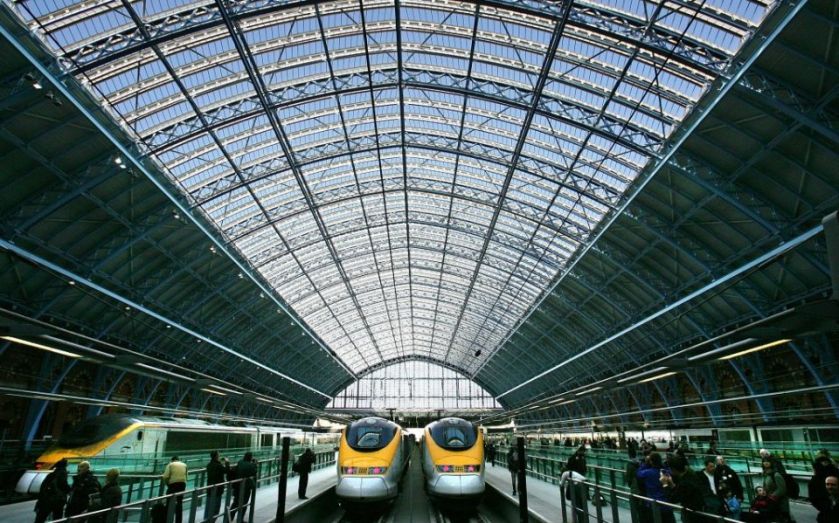As the government sells its stake in Eurostar for £757m, is this a good deal for taxpayers?

Lord Paul Deighton, commercial secretary to the Treasury, says Yes
There is no value in government owning assets that it doesn’t need to. It ties up resources that could be used for other objectives, like investing in new infrastructure or paying down debt. Eurostar is such an asset. It is managed on a commercial basis and will continue to be.
Last October, we launched the sale of our holding, receiving over 20 expressions of interest from investors across the world. At the time, the shares were valued in our accounts at £325m. We announced yesterday that we signed an agreement with Canadian and UK investors to sell our shares for £585.1m – 80 per cent higher than the initial valuation. This was driven by the quality of the business and the highly effective competitive process we ran.
We will also receive £172m for our preference share – delivering £757.1m in total. This strong result allows us to reduce debt and brings more private investment into our infrastructure. It is an excellent result for the taxpayer.
Dr Richard Wellings, head of transport at the Institute of Economic Affairs, says No
The sale of Eurostar is a terrible deal for the taxpayer. It is only possible because the government subsidises loss-making high-speed commuter services to Kent and this funding now pays a high proportion of the infrastructure costs of High Speed 1.
Five years ago, taxpayers also spent around £800m (in current prices) bailing out Eurostar and its parent company. The massive losses accrued since the service started in 1994 were effectively written off. Passenger numbers have been over 60 per cent lower than originally forecast when the line was approved.
It seems highly unlikely that Eurostar would have been commercially viable without these bailouts and hidden subsidies. Indeed, the sale may be viewed as a form of government borrowing in the sense that it relies on ongoing taxpayer support for the route over the long term. The receipts are of course miniscule compared with the estimated £11bn total cost of High Speed 1.